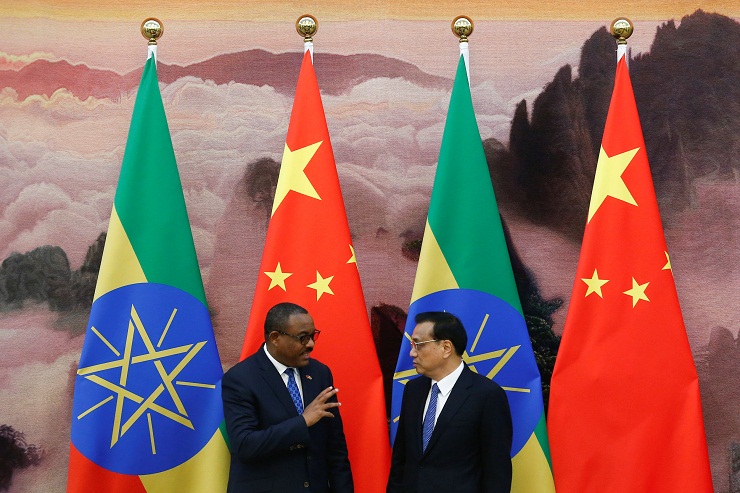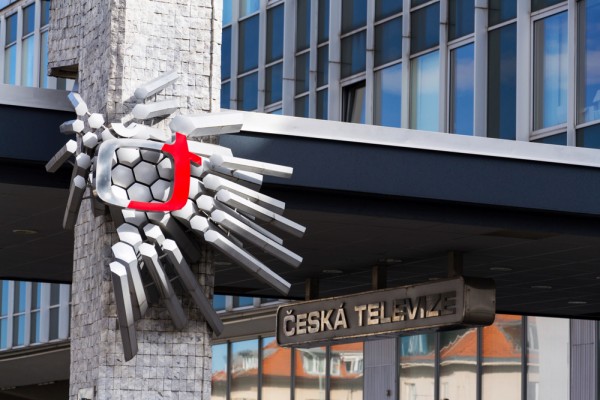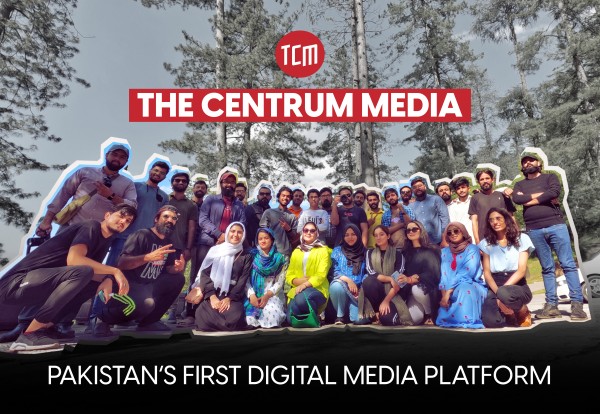The members of the International Press Institute (IPI), meeting at their 66th Annual General Assembly during the IPI World Congress on May 20, 2017 in Hamburg, Germany, adopted by unanimous vote a resolution calling on Ethiopia’s government to free imprisoned journalists and end its abuse of anti-terror and defamation laws to silence the press.
Members noted that a joint IPI-International Media Support (IMS) jury voted to award the 2017 IPI World Press Freedom Hero Award to Ethiopian journalist and blogger Eskinder Nega, who has spent more than 2,000 days behind bars since his arrest in September 2011. A persistent critic of Ethiopia’s ruling party, Nega was detained shortly after he published a column questioning the government’s abuse of anti-terror laws to punish journalistic scrutiny. An Ethiopian court convicted Nega in June 2012 on sham terrorism-related charges and sentenced him to 18 years in prison, a decision the U.N. Working Group on Arbitrary Detention later said violated international law.
Over a dozen other journalists are believed to be behind bars in Ethiopia due to their work, making the country one of the world’s leading jailers of journalists. Additionally, numerous Ethiopian journalists and writers who have escaped arrest or were later released from prison have been forced into exile.
The list of those currently jailed includes Woubshet Taye, deputy editor of the Awramba Times and recipient of the 2013 Free Press Africa Award given by the CNN MultiChoice African Journalist Awards; Temesghen Desalegn of the news magazine Feteh; Seyoum Teshome, a blogger with the news site Ethiothinktank who has been held without charges after being quoted in a 2016 New York Times story on prominent Ethiopian marathon runner and government critic Fayisa Lilesa; and Befekadu Hailu, a member of the Zone 9 blogging collective and a joint recipient of the Committee to Protect Journalists (CPJ)’s 2015 International Press Freedom Award. Reports suggest that some of those jailed have been denied critical medical treatment and have been subjected to poor prison conditions and, in some cases, psychological harassment.
The Ethiopian government, a long-time ally of the West in the latter’s War on Terror, has consistently used anti-terror legislation to retaliate against journalistic scrutiny of its actions and smear the country’s independent media. IPI members called on Ethiopia to reform its anti-terror law in line with international standards and to repeal criminal defamation and false news provisions that have been used to target critical journalists.
More broadly, IPI members urged the Ethiopian government to cease its campaign of harassment against the press and to release all journalists currently held in prison and allow them to return to work without fear of retaliation. Members also stressed their view that Ethiopia should embrace press freedom and free expression as engines of – rather than obstacles to – national political, economic and societal development.



